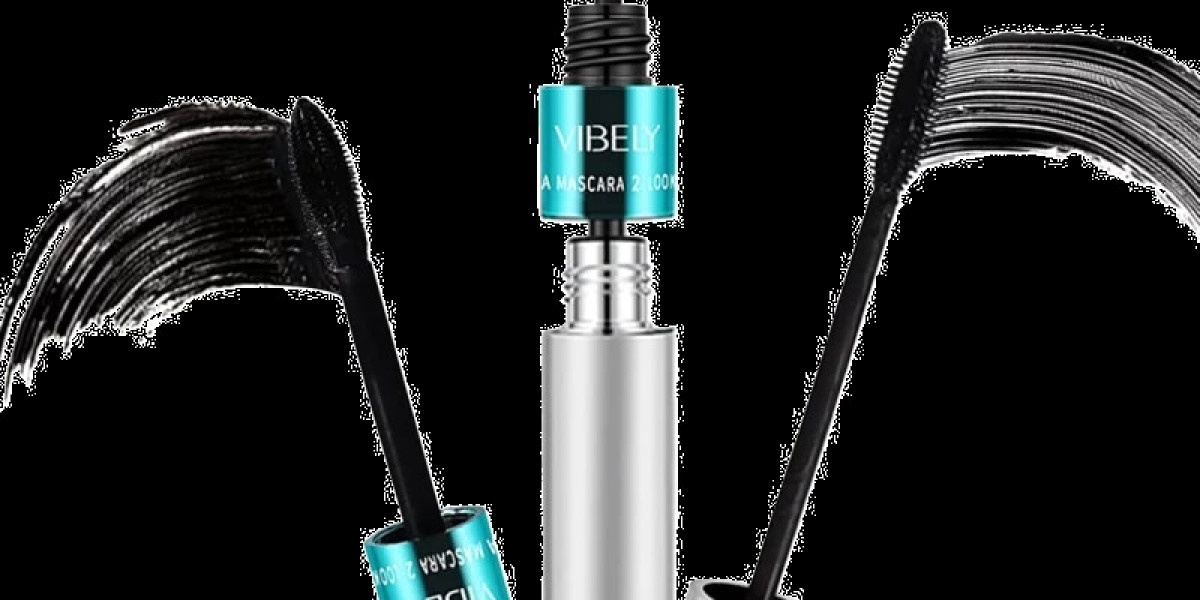Espresso is more than just a quick caffeine fix; it is a complex beverage that embodies the art of coffee making. Understanding the components of an espresso can enhance your appreciation for this rich drink. In this article, we will explore the key elements that contribute to a perfect espresso shot.

1. The Coffee Beans
The foundation of any espresso lies in the quality of the coffee beans. Typically, espresso is made from Arabica or Robusta beans. Each type offers distinct flavors and characteristics. Arabica beans are known for their sweetness and acidity, while Robusta beans provide a stronger, more bitter taste. When selecting beans, consider the roast level as well; darker roasts yield a bolder flavor, while lighter roasts can highlight fruity and floral notes.
2. The Grind Size
Another crucial component of an espresso is the grind size. A fine grind is essential for extracting the rich flavors from the coffee beans. If the grind is too coarse, the water will flow through too quickly, resulting in a weak and under-extracted shot. Conversely, if the grind is too fine, it can lead to over-extraction, creating a bitter taste. Achieving the right grind size is vital for a balanced espresso.
3. The Brewing Process
The brewing process itself is where the magic happens. Espresso machines use high pressure to force hot water through the finely ground coffee. This process extracts oils, flavors, and aromas, resulting in a concentrated shot of espresso. The ideal brewing temperature is around 190°F to 205°F. If you’re curious about the brewing process, consider watching this informative video: How to Brew Espresso.
4. The Crema
One of the most recognizable components of an espresso is the crema. This golden layer of foam sits atop the espresso shot and is a sign of a well-extracted brew. Crema is formed from the emulsification of oils and gases during the brewing process. It not only enhances the visual appeal of the drink but also contributes to the overall flavor and aroma. A good crema should be thick and persistent, indicating freshness and quality.
5. The Water Quality
Water is often overlooked as a component of an espresso, yet it plays a significant role in the final product. The quality of water used can affect the taste and extraction of the coffee. Ideally, water should be filtered and free from impurities. The mineral content of the water also matters; a balanced mineral profile can enhance the extraction process and improve flavor.
"The perfect espresso is a harmonious blend of quality beans, precise grind, and expert brewing." - Coffee Expert
Conclusion
In summary, the components of an espresso include the coffee beans, grind size, brewing process, crema, and water quality. Each element plays a vital role in creating the perfect shot of espresso. By understanding these components, you can appreciate the artistry behind this beloved beverage. Whether you're a seasoned barista or a casual coffee drinker, knowing what goes into your espresso can enhance your overall experience.
Explore More
For those interested in exploring high-quality espresso machines, check out the latest models that can help you brew like a pro.
References








